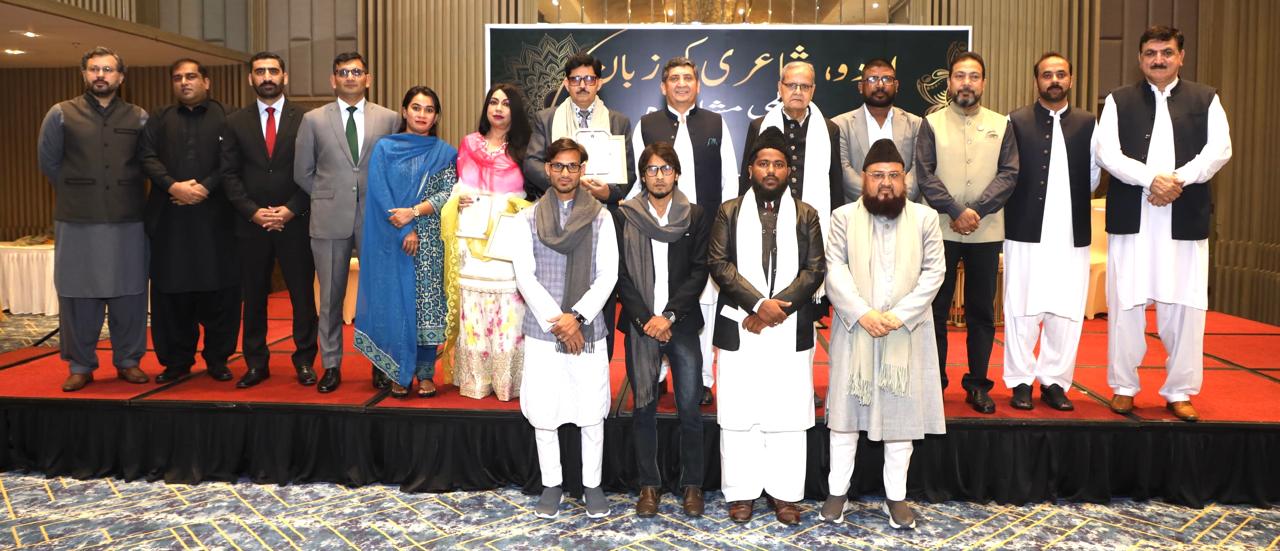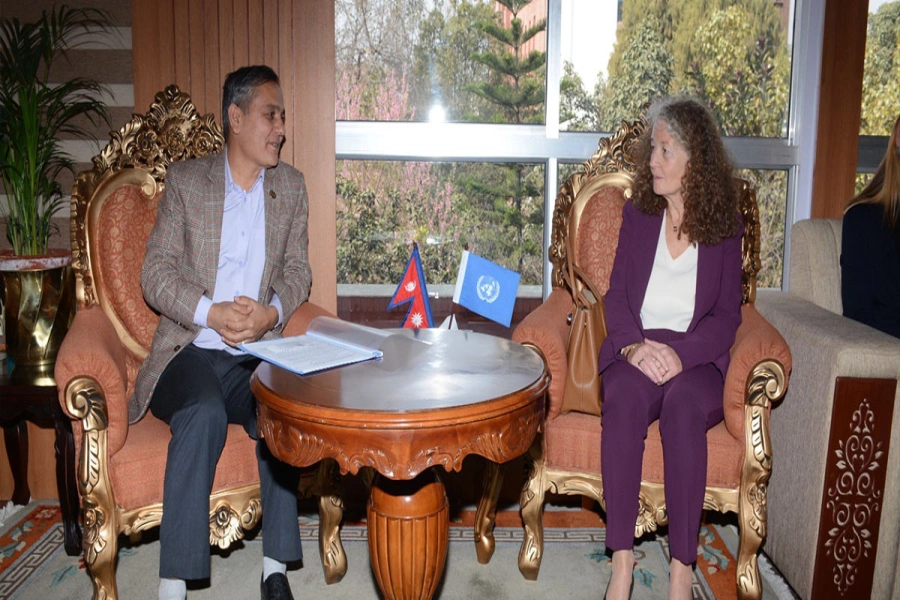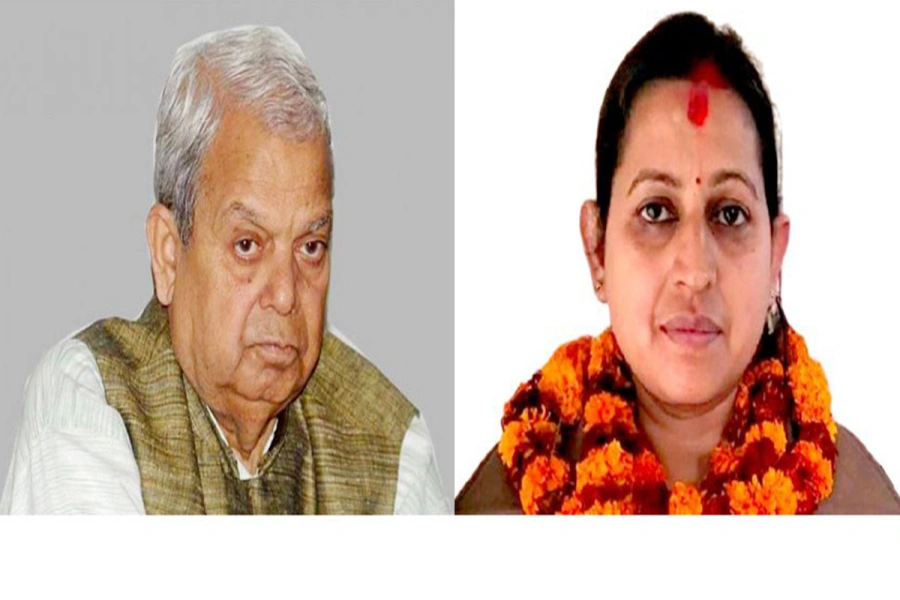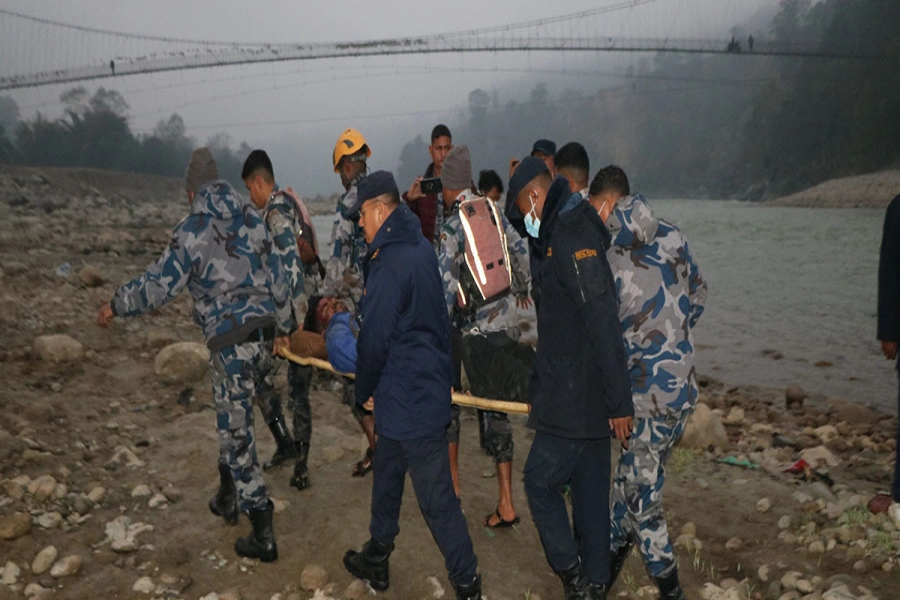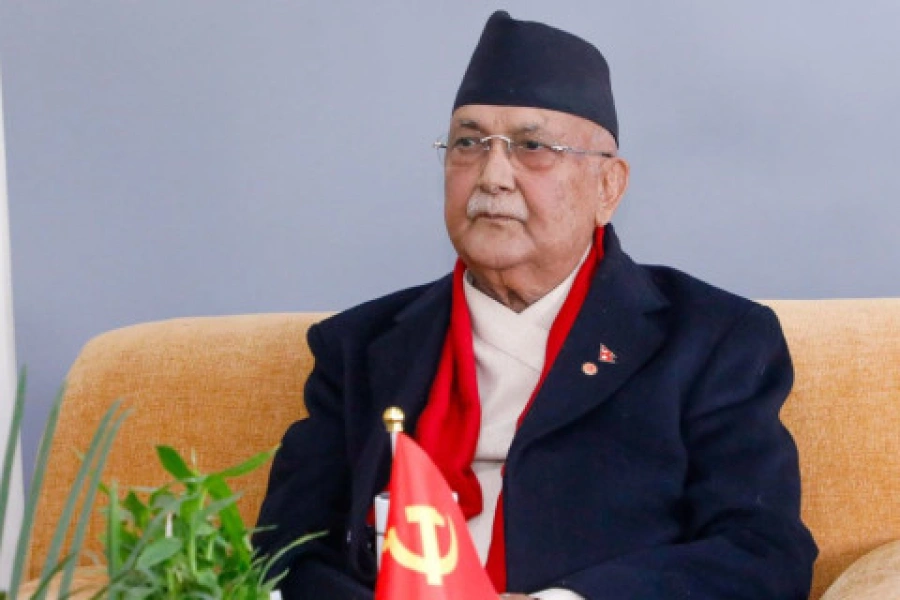Madheshi youth views
Are common Madheshis in favor of local election slated for May 14? Or are most of them against the election, as Madheshi Morcha claims? The question will remain unanswered without a credible poll of common Madheshis living in the 22 districts that comprise the Tarai belt. But there are some signs that Madheshi people, whether or not they are enthusiastic about it, are also not opposed to timely local election. Recently there have been long lines of Madheshi youths in front of the District Police Offices (DPOs) in Sapatari and Rautahat, both of which fall in the Madhesh-only province number two. They were lining up to be employed as temporary police personnel for the May 14 election. The government is recruiting a total of 75,000 temporary hires for the purpose, to be deployed around the country. When Republica talked to some of the Madheshi youths queuing up to be hired as temporary cops, they said the dispute between the government and the Morcha was a “political one” and it was no reason for them not to apply for available jobs. In other words, they were more concerned about being employed than they were about the extant political disputes in the country.
Madheshi parties often talk about the rights of common Madheshis, of the long history of their discrimination and about how angry Madheshis are with the Nepali state. What they seldom talk about is creating good jobs for Madheshi youths in Tarai-Madhesh so that they don’t have to leave
behind their families and opt for backbreaking jobs abroad. But the interest for temporary employment among Madheshi youths suggests that there are not enough good jobs around in
Madhesh and employment-generation should be among the top priorities of the political parties who claim to represent Madheshis. Perhaps the Madheshi youths understand that big talk about their political rights is meaningless unless they first have the means to look after their families. But then why do the Madheshi parties rarely raise the issue of economic empowerment of Madheshis? One reason could be that economic issues can’t exert the emotional pull that the issues related to people’s ethnicity does today.
But the Madheshi political parties are always vague when they are asked how their ethnic agendas help with the economic empowerment of Madheshis. In fact, available international evidence suggests that ethnicity-based politics actually destroys the climate for economic growth and job creation. If their argument is that Madheshis will always be discriminated when it comes to hiring for government jobs, even this argument is hard to sustain. Today, even in our law-enforcement agencies, which have traditionally tended to be among the most exclusionary in Nepal, there are a lot more Madheshis than was the case before the 2006 Jana Andolan. The same is true in case of other government bodies, even though the situation is still not satisfactory. Perhaps the Madheshi youths also realize that in a democracy there is no alternative to timely election. And if the Madheshi parties have some gripes with the state, what better way to settle it than by going to the sovereign people?
Pak embassy organizes poetry symposium — Aalmi Mushaira: Urdu,...
